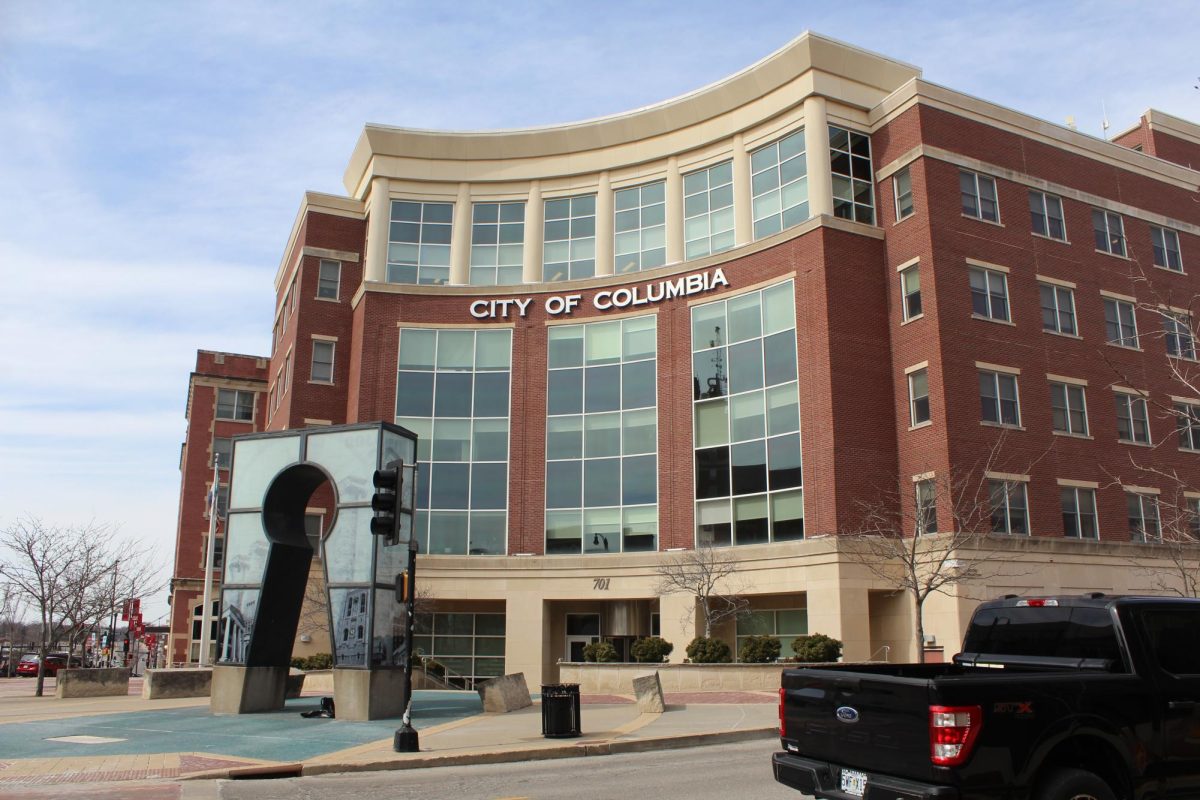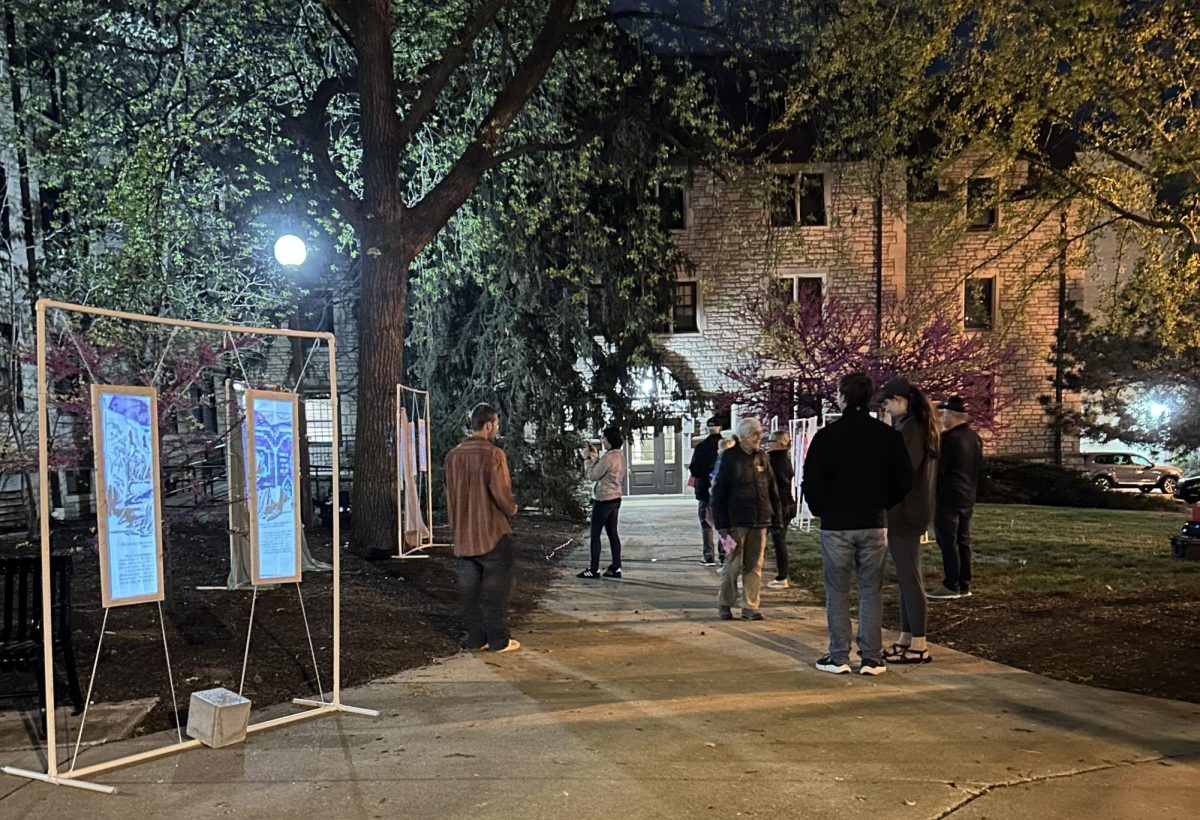Anyone familiar with the millennial epidemic of a house party massacred by overcrowding due to a performing band’s hype understands the mentality of Chicago’s buzz-band of choice, Twin Peaks. A group groomed in the unforgiving yet unforgettable streets of the Windy City, these partying teens have been friends for as long as they could ride a skateboard and worship at the altar of classic-rock titans and fuzz-fueled modern punk groups.
Alongside fellow newbies on the Chi-town rock circuit The Orwells, Twin Peaks have taken their lo-fi garage pop blend from cramped apartments to much larger venues, highlighted best by their rowdy, sweat-drenched Pitchfork Music Festival set on July 19 (which involved singer and guitarist Cadien Lake James playing in a wheelchair due to a broken leg — the commitment was praised by attendees, to say the least).
With the sound of their cheaply-made debut, “Sunken,” which had a dreamy psych-pop vibe to match the wild and reckless garage-punk spirit of the band, Twin Peaks have found a place in the likes of other underground-yet-worshipped punk-rock influenced groups such as Ty Segall and FIDLAR. In the first week of August, the group set themselves even farther up the ladder with their second album, “Wild Onion.” Twice as long as their first album, “Onion,” has sixteen tracks, ranging from Twin Peaks’ standard party-worthy garage bangers to elegantly smooth love ballads.
Embracing the sounds of early greats The Beach Boys and The Rolling Stones, the album has many moments of nostalgia, with the “Between the Buttons”-esque “Mirror of Time” and “Making Breakfast,” a track with a “Beast of Burden” sound-alike riff. The Beach Boy’s nod comes more clear-cut, with the cleverly named “Sloop Jay D” sounding like the score to the horrifying boating adventure Brian Wilson outlined so many years ago, with drummer Connor Brodner leading the way with a stampeding drum beat to match the danceable guitar structure of James and Clay Frankel.
The lead single “Flavor” has the most originality of the whole album, not to say the guidance of the band’s idols was anything more than influence. “Flavor” has their distinct harmonies that work more as out-shouting each other in the lovable, booze-fueled ways only garage-rock lovers can fathom. The song’s lyrics (“I can’t even believe it/ The victims of the USA/ They all keep talking but got nothing to say”) perfectly match the wildness and youthful energy of the song.
But the winner of the LP is “Fade Away,” a rambling tale of the standard teenage dilemma of finding yourself in the massive world in which we live. The fastest and most furious song on the album, “Fade Away” should definitely become the cornerstone track for their always out-of-control and excellent live performances .
What I most admire of “Wild Onion” is the way the band matched each scorching punk-fueled banger with garage-pop dreamer, oozing with silky guitar parts and a groovy drum backing. The best example of this comes with the transition from the most melodically pleasing song, “Telephone” into the feverishly fresh “Flavor.” These combinations are abundant on the record and keep the listener at an excellent ratio of overwhelmingly rocking and snuggly rolling. For a few elementary school homies, Twin Peaks have worked their chemistry and companionship into a great album.






